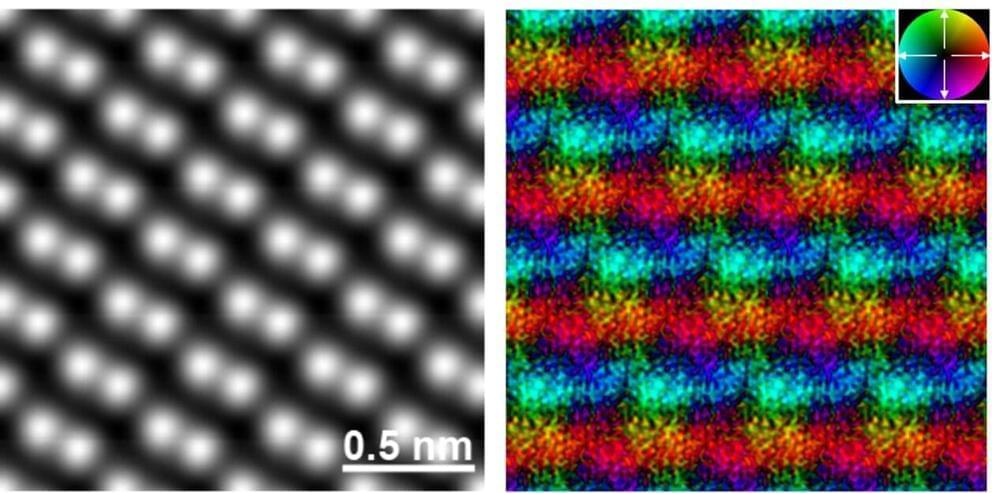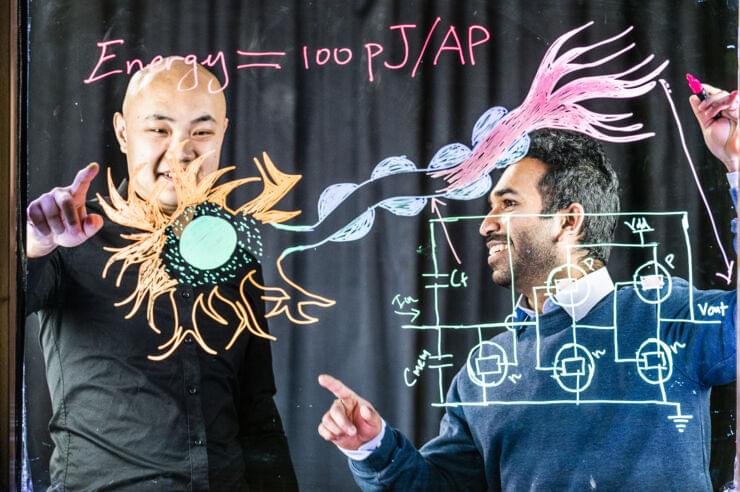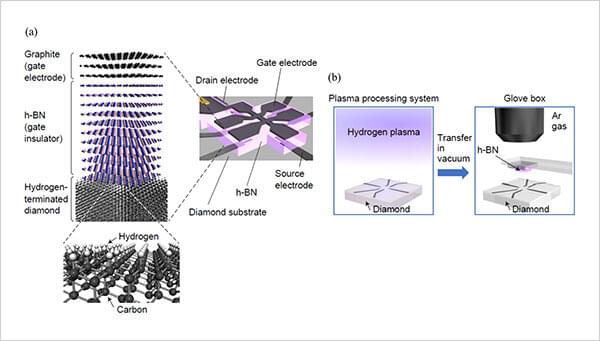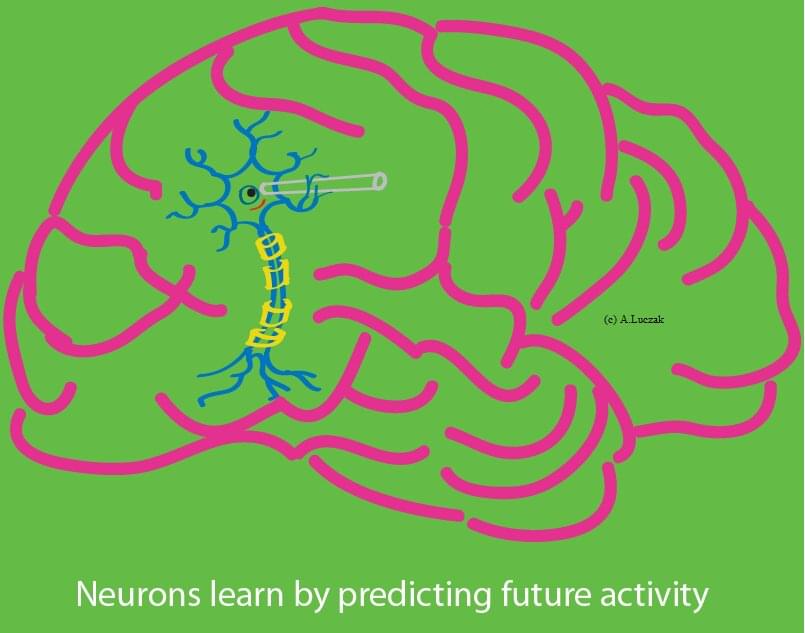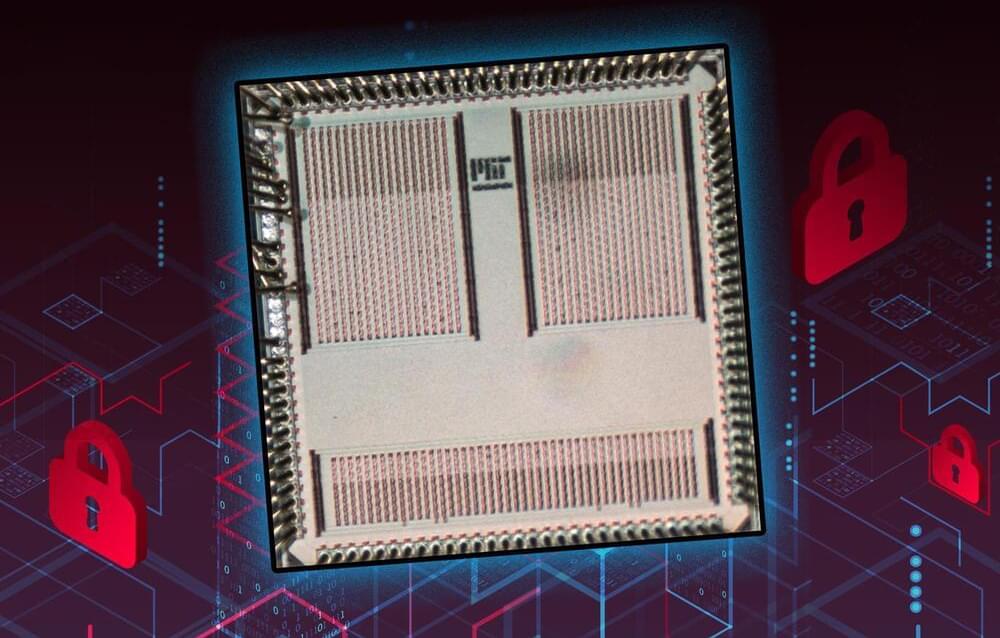The joint development team of Professor Shibata (the University of Tokyo), JEOL Ltd. and Monash University succeeded in directly observing an atomic magnetic field, the origin of magnets (magnetic force), for the first time in the world. The observation was conducted using the newly developed Magnetic-field-free Atomic-Resolution STEM (MARS). This team had already succeeded in observing the electric field inside atoms for the first time in 2012. However, since the magnetic fields in atoms are extremely weak compared with electric fields, the technology to observe the magnetic fields had been unexplored since the development of electron microscopes. This is an epoch-making achievement that will rewrite the history of microscope development.
Electron microscopes have the highest spatial resolution among all currently used microscopes. However, in order to achieve ultra-high resolution so that atoms can be observed directly, we have to observe the sample by placing it in an extremely strong lens magnetic field. Therefore, atomic observation of magnetic materials that are strongly affected by the lens magnetic field such as magnets and steels had been impossible for many years. For this difficult problem, the team succeeded in developing a lens that has a completely new structure in 2019. Using this new lens, the team realized atomic observation of magnetic materials, which is not affected by the lens magnetic field. The team’s next goal was to observe the magnetic fields of atoms, which are the origin of magnets (magnetic force), and they continued technological development to achieve the goal.
This time, the joint development team took on the challenge of observing the magnetic fields of iron (Fe) atoms in a hematite crystal (α-Fe2O3) by loading MARS with a newly developed high-sensitivity high-speed detector, and further using computer image processing technology. To observe the magnetic fields, they used the Differential Phase Contrast (DPC) method at atomic resolution, which is an ultrahigh-resolution local electromagnetic field measurement method using a scanning transmission electron microscope (STEM), developed by Professor Shibata et al. The results directly demonstrated that iron atoms themselves are small magnets (atomic magnet). The results also clarified the origin of magnetism (antiferromagnetism) exhibited by hematite at the atomic level.
